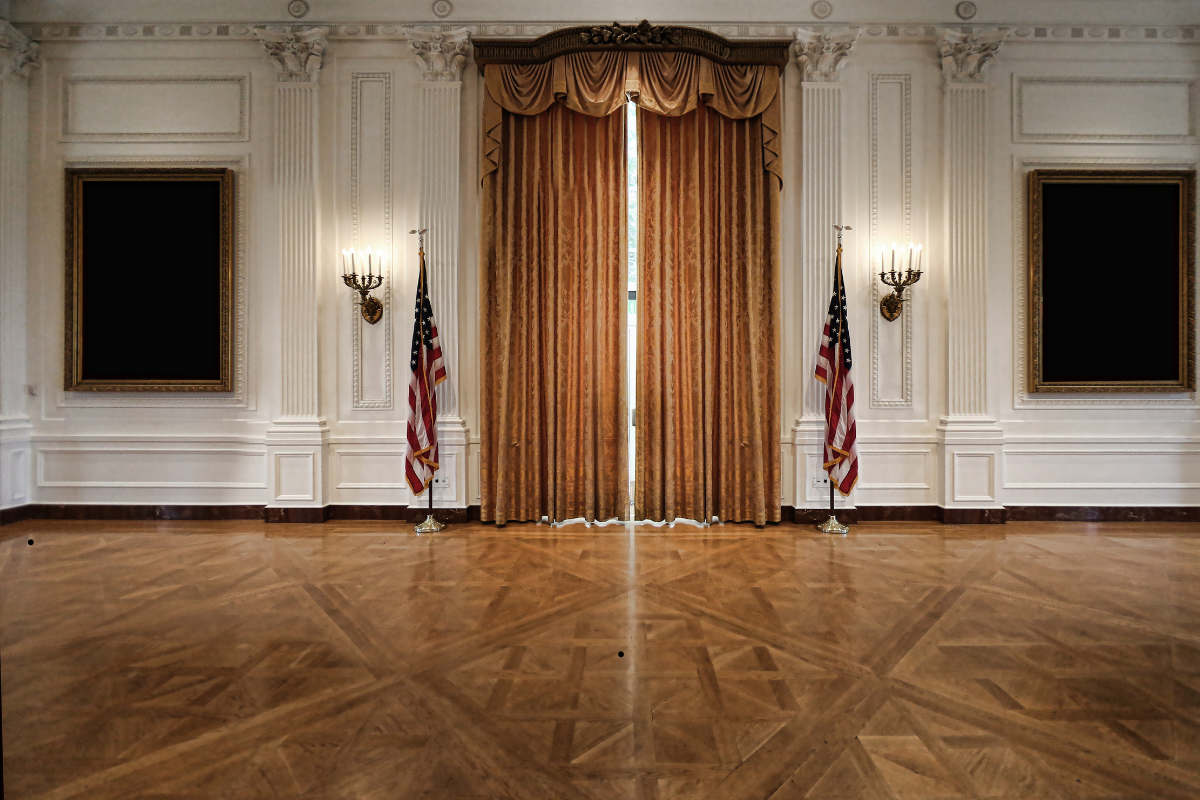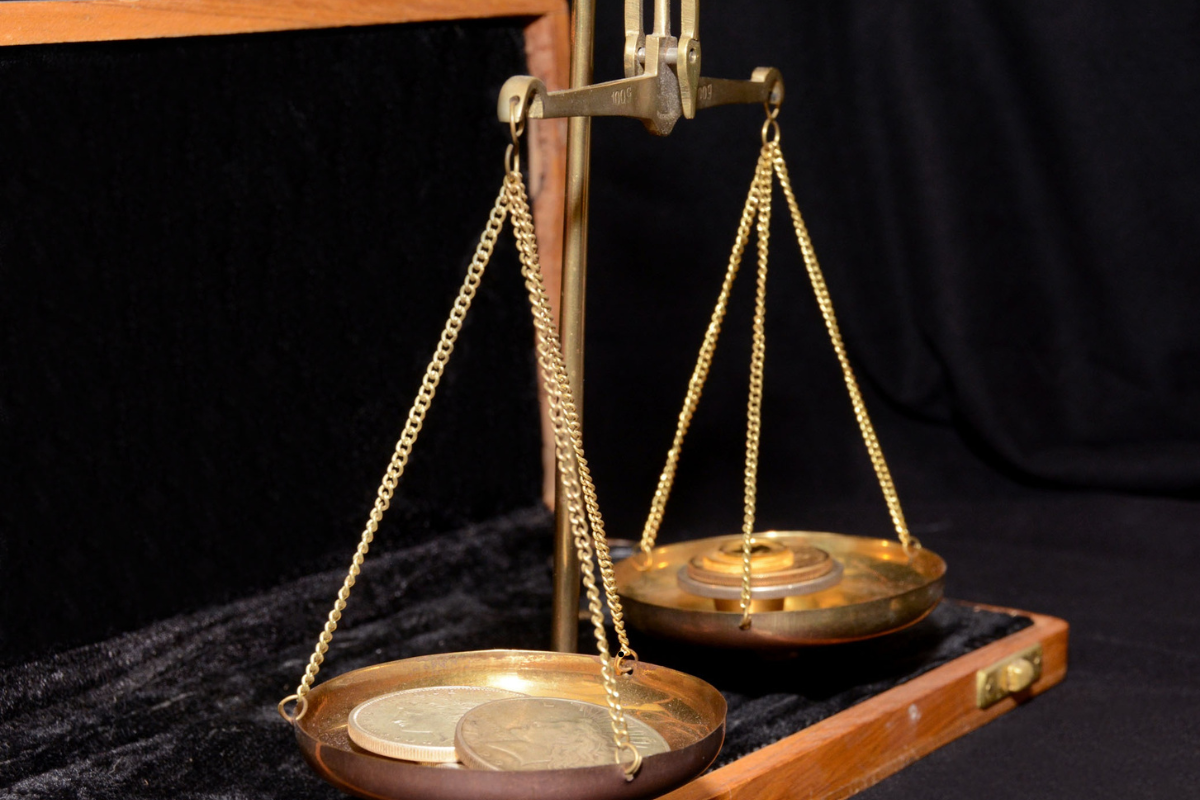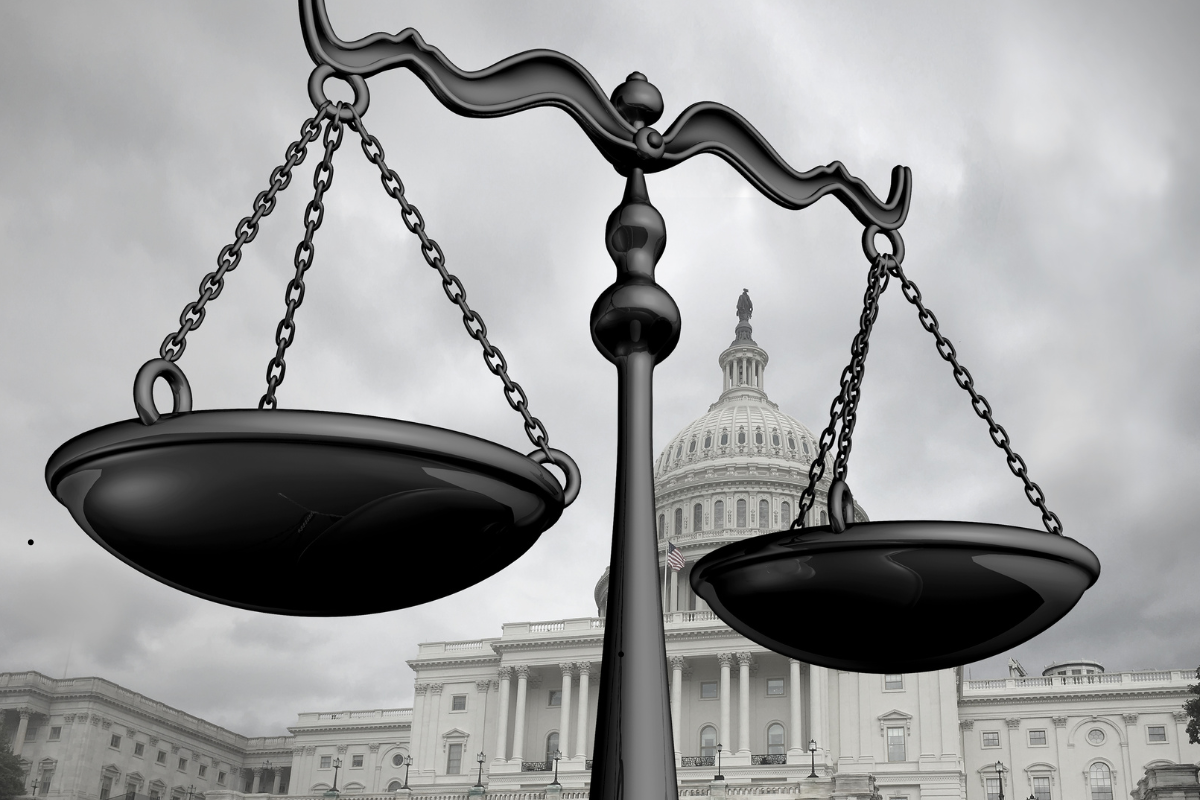Federalist 61
We rightly regard elections as the backbone of the democratic process but too often we don’t consider either how complicated they are or that they are no guarantors of good outcomes. They confer legitimacy on the exercise of power and, hopefully, give us the opportunity to rid ourselves of those who abuse it, but they can also distort the relationship between the public and its government if representatives do not truly represent the broad range of voter interests. The process of electing representatives is intimately tied to the kinds of representatives we get.
I’ve discussed in previous essays Anti-federalist concerns that allowing Congress regulatory authority over the time, place, and manner of elections could result in Congress perpetuating itself and also favoring the interests of a specific class. Take, for example, the ability to regulate the time of elections, which could make it difficult for people, such as farmers who can’t readily leave their fields, to participate in the process. Controlling the place could make it difficult for some people to make a long trip to get to the ballot.
In our last couple of cycles we’ve become more conscious about the complications involved in regulating the manner of elections. Take, for example, the 2000 election. Local canvassing boards wanted to make the print more legible for senior citizens and so constructed the infamous “butterfly ballot” that would allow them to use a larger font. It also created enough confusion that people who never in a million years would have voted for Pat Buchanan vote for Pat Buchanan. Or take recent controversies over absentee ballots or early voting or using computer systems. There is no fail-safe system of voting, and what might work well in one area might not work well in others, and that’s setting aside ballot access measures such as literacy tests or poll taxes.
Who Makes the Rules?
It’s a basic rule of liberal thought that no man should be allowed to be the judge in his own case, but a corollary of that might be that the players on the field can’t make rules while the game is in progress. One of the reasons why voters are frustrated with many of our electoral processes, including districting, is that the people who make the rules are not going to write new ones that disadvantage them, a fact of life the Anti-federalists clearly understood. It’s difficult to run a system that requires a majority of its workers to operate in a disinterested manner.
In Federalist 61 Hamilton addressed the Anti-federalist idea that electors should come from the same county as the voters who voted for them, a position consistent with their view that elected officials should share the concerns, values, ground, and fate of the people who vote for them, and giving Congress regulatory authority over the time, place, and manner of elections would distort that fundamental axiom of representation. Having dismissed Anti-federalist concerns as not “serious” nor to be taken as such by an “impartial and judicious examiner,” Hamilton remained confident that his previous two essays would “satisfy all dispassionate and impartial men” rather than “the cavilling refinements of a predetermined opposition.”
Comparing Constitutions
Knowing his main opponents were New Yorkers (and may well be to this day), Hamilton drew attention to the New York constitution and wondered why the Anti-federalists did not insist on the same principle at the state level. It makes little difference, he thought, at least in 1788, whether a man had to go 20 miles or 200 miles to cast a ballot. “And, abstracted from any experience on the subject, we can be at no loss to determine, that when the place of election is at an INCONVENIENT DISTANCE from the elector, the effect upon his conduct will be the same whether that distance be twenty miles or twenty thousand miles. Hence it must appear, that objections to the particular modification of the federal power of regulating elections will, in substance, apply with equal force to the modification of the like power in the constitution of this State; and for this reason it will be impossible to acquit the one, and to condemn the other.”
As Sigmund Freud once wrote: a weakening of your argument doesn’t imply a strengthening of mine. It may perhaps have been the case that the New York constitution did not provide for the system of representation the Anti-federalists preferred, but that would a) be something for them to take up with the people of New York; and, b) not satisfy the terms of the argument itself. Hamilton, however, seemed to regard the analogy as dispositive and a sufficient refutation of the principle at stake — not sufficiently attentive, in my judgment, to the fact that a bad application of a principle doesn’t discredit the principle itself.
Uniform Time
Believing he had sufficiently disposed of the complaint he moved on to a second argument, more relevant and, I suspect for most of us, more obvious: if Congress didn’t have the authority to regulate the time of elections then states could effectively cripple Congress by electing and seating members at different times of the year. The effect would be to make participation by members occur on a rolling basis, so that some would be ending their terms while others would be beginning. As usual, Hamilton saw this as destabilizing and such instability would rob government of its energy.
Hamilton noted that in the states elections took place in all months between March and November and that “the consequence of this diversity would be that there could never happen a total dissolution or renovation of the body at one time” and this, he believed, would constitute a greater threat to liberty than would a uniform system of election. As usual, he worried about a social contagion gradually entering the system such that the new members would infect the ones already there. Better to have a reset of the whole enterprise at the same time. With no enduring majority to help build resistance the body could soon be diseased. “I am inclined to think,” he wrote, “that treble the duration in office [!], with the condition of a total dissolution of the body at the same time, might be less formidable to liberty than one third of that duration subject to gradual and successive alterations.”
So why didn’t they just fix a date in the Constitution itself? Refusing to engage the question Hamilton wondered why state constitutions didn’t do so. “No better answer can be given than that it was a matter which might safely be entrusted to legislative discretion; and that if a time had been appointed, it might, upon experiment, have been found less convenient than some other time.” Fair enough, but neither did that answer the question. Hamilton in this, as in other instances, seems content to leave the details to experience and experiment, which is probably right as far as it goes. The Anti-federalists, however, kept wondering about the elements of the experiment and whether all that uncertainty would diminish the essential liberties put in the mix.
Director of the Ford Leadership Forum, Gerald R. Ford Presidential Foundation
Related Essays




